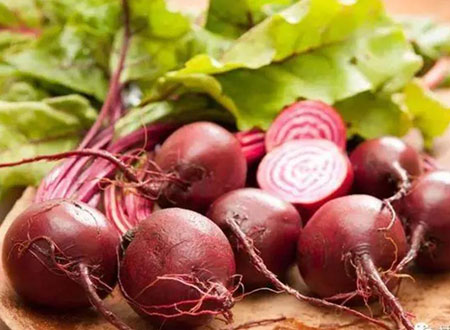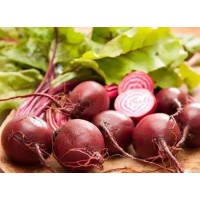Understanding the nutritional mechanism of betaine
Betaine has strong antioxidant and moisturizing properties. At present, the common betaines on the market mainly include betaine anhydrous, betaine hydrochloride, and compound betaine.
Betaine anhydrous is natural betaine, and its extraction uses molasses (containing 3%-8% betaine) produced in the process of sugar making as the main raw material, and the ion exclusion extraction method is the extraction process. After elution with water, salt, sugar, and betaine are eluted and separated in turn, and the betaine eluent is collected. After evaporation, crystallization, and separation, anhydrous or monohydrate betaine with a purity of 98% can be obtained, and the recovery rate is 70% -80%.

Betaine has a regulatory effect on fat synthesis, and secondly, it can increase the decomposition of fat, and can also enhance the transport of lipids in the liver, thereby preventing fatty liver.
Betaine can significantly increase body growth hormone (GH) and insulin-like growth factor I (IGF-I), thereby promoting protein deposition in tissues and improving carcass lean meat rate.

